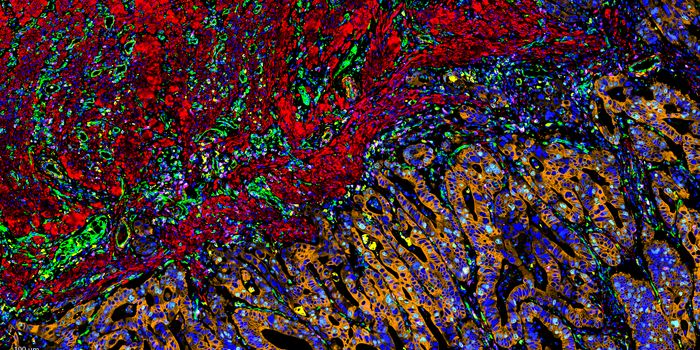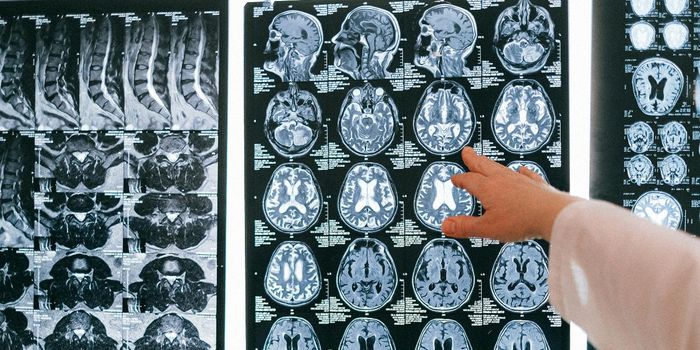One Molecule at the Pinnacle of Gut Health
Expression of a gene called gp96 has been discovered as vital for the training of T cells, educating these immune fighters to tell the difference between harmful cells like bacteria and viruses and healthy cells, like host cells and food particles. For a healthy gut, this distinction is paramount.
The story begins with another component of the immune system, cells called professional antigen-presenting cells (pAPCs), which are charged with the important task of training T cells. Antigens are a sort of code that cells express to signal whether they are “good’ or “bad.” pAPCs use a class of proteins called toll-like receptors (TLRs) to camp out on the cell surface and recognize antigens floating by. When an antigen is spotted, pAPCs take advantage of a training opportunity for T cells, showing them how to recognize an antigen.
Here, T cells are conditioned to either target and attack antigens from dangerous pathogens or be tolerant and leave alone harmless agents. The cells responsible for these results are either inflammatory pAPCs or tolerogenic pAPCs, respectively.
From the Medical University of South Carolina, scientists conducted a study to identify the gene gp96 and its role in the training process. The study, published in the journal Scientific Reports, is the first to investigate gp96 as involved in gut homeostasis.
Gp96 is a molecule known to be required for healthy gut function. In the gut, cells must know how to leave alone the healthy bacteria and food particles but attack any dangerous invaders. Therefore, a balance between inflammatory and tolerant T cells, or inflammatory and tolerogenic pAPCs, is very important. In the case of colitis, an inflammatory reaction in the gut, the ratio between inflammatory and tolerant T cells is way out of balance.
Using a genetically altered mouse model that lacked gp96 expression, researchers quickly observed that without the gene’s activity, there is the same imbalanced ratio that leads to colitis. Researchers involved in the experiment believe that a variety of molecular consequences, including pAPCs being less able to travel to the the lymph nodes and less able to recognize antigens, are to blame for this reaction. However, further study is needed to connect the loss of gp96 to the development of human colitis.
"This study shines a light on the pathogenesis of inflammatory bowel disease and offers a positive impact on its future clinical management," explained the senior author of the study, Bei Liu, MD.









